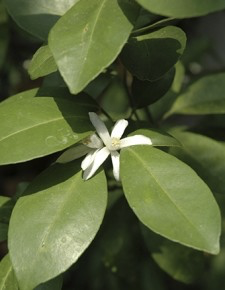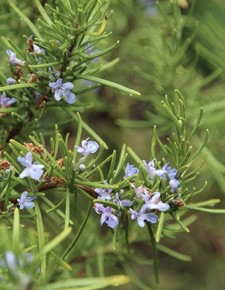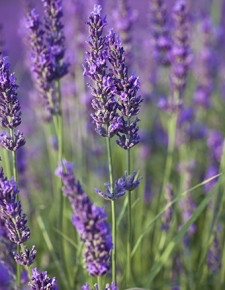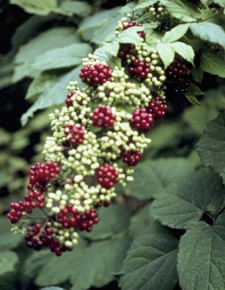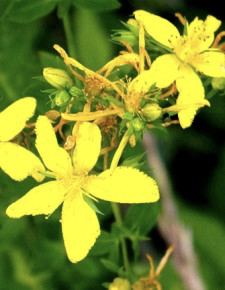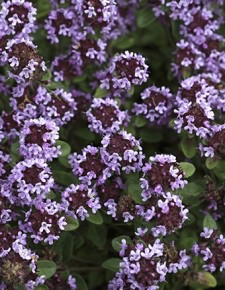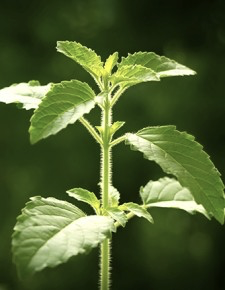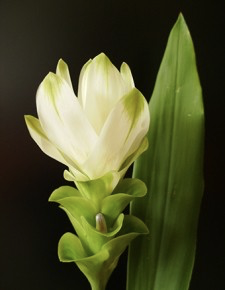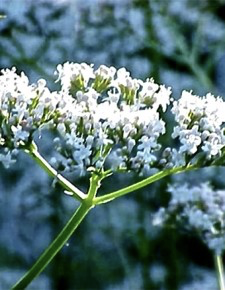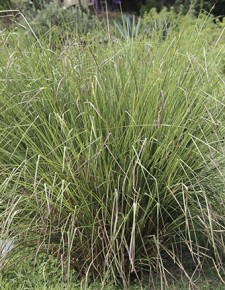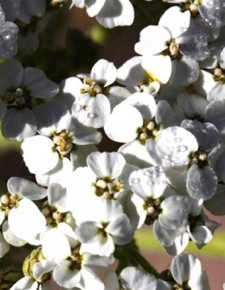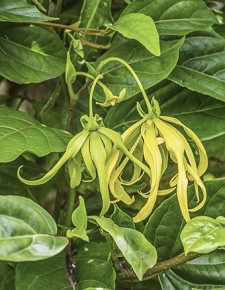Do’s and Do Not’s
Before you bring oils into your home, there are a few things that I learned along the way that I wished I knew before using essentials. By using essential oils, comes great responsibility. They are not just smell good perfumery. If you are going to use essential oils, know how to use them safely and how to determine a good quality oil. I read a terrible story of how a woman put undiluted peppermint oil on her 13 month old baby’s feet at the advice of an untrained aromatherapist from a Multi Level Marketing (MLM) company and the infant had a seizure, spending 2 weeks in the hospital. So please, I encourage everyone to take essential oils seriously, use them correctly and with caution.
How to decipher the good from the mediocre? Here’s some things everyone should look for:
- Dark bottles – all essential oils will spoil when exposed to light and air, so they should be sold in dark glass containers. Store them away from light; and you can even store your citrus oils in the refrigerator to keep them fresh longer.
- You want to buy based on the latin species name of the plant. Eucalyptus, for example, has over 900 species, with about 20 being used in the essential oil realm. E.globulus is your common Eucalyptus species but should not be used around anyone with Epilepsy. E.radiata is good for long term use with chronic respiratory infection and works well on viral or bacterial infections. E.smitthi is child safe where E.globulus is not. So the actual species is the type of essential oil you want to buy, don’t just go by the English name – you may not know what you’re buying. (Side Note: Some experts say Eucalyptus Globulus can cause choking or even death in infants and any Eucalyptus should not be used on a child under 2 years of age. E. globulus is a very strong Eucalyptus. Eucalyptus Smithii is the mildest of all and safe for children and the elderly. E. radiata is another good choice recommended by some well known aromatherapists and is the species I use.)
- In addition, the plant part used in the distillation process should be indicated in the English name (“leaf,” “bark,” “flower,” “stem”) if appropriate. There is a difference between Cinnamon Bark and Cinnamon Leaf essential oil so again, be aware of what you are buying and what each can do for you.
- Buy 100% pure therapeutic grade essential oils. For the most part you want therapeutic medicinal grade essential oils unless you are making perfume. As an example, Lavender perfume grade essential oil may only be distilled 15 minutes. Therapeutic grade may be distilled 1 ½ hours ensuring all the chemical constituents are present in the oil. Both are “Lavender oil” but the chemical content may not be the same and the therapeutic value you are looking for will definitely not be the same!
- Price – if it’s cheap compared to other companies for the same oil, (i.e. same latin species name) then there’s a reason! You get what you pay for, to a point. Is the most expensive oil better? Not necessarily, but neither is the least expensive. Sometimes these are adulterated or diluted with carrier oils. Aveda, for instance, dilutes all of their oils in a carrier oil so you technically are buying a diluted oil, not a pure 100% strength essential oil. If that doesn’t matter to you, fine, but be aware of what you are buying. Diluted oils will always be cheaper.
- On that note, you should ALWAYS dilute your essential oils or blends in a carrier before using on your skin. The only 2 exceptions are Tea Tree oil and Lavender oil which can be used “neat” or undiluted on adult skin. How to dilute? It can be a carrier oil (Olive, Jojoba, Evening Primrose, etc), Milk for a bath (whole is best, but not skim, you need the fat), Bath Salts, Lotion, etc. Look up the dilution ratios for the amount of carrier you wish to use. As a rule, 1 Tablespoon of carrier should have 3 to 6 drops of essential oil. If you wish to use undiluted essential oil on adults, a drop or two can be massaged on the bottom of your feet.
- When using on children or the elderly, you need to use caution! With infants or children, use a .05% dilution at the MOST. For older children or elderly, up to 1%. I make a bath oil that can be used on infants and children to prevent diaper rash with 12 drops of essential oil to 4 oz of Jojoba oil – that’s a .05% dilution ratio.
- Essential oil companies need to have knowledge of the distillery they purchase from or rely on reputable suppliers who do. You need to know the distillation methods are safe. Essential oil distillation should be done with low or medium pressure steam to respect the integrity of the plant oil. No chemical additives or dilution with alcohol or other oils should take place, nor should the essential oils be decolorized. A good aromatherapy company tests their oils regularly using gas chromatography or mass spectrography to ensure purity and quality.
- “I bought the same oil from the same company but it doesn’t smell the same!” This is actually good! If the oil consistently smells exactly the same then chances are that company is adding chemicals, many times synthetic, to achieve the same smell profile. While the chemical constituents of an oil may remain the same, the ratio of each will not. There are many things that will influence the scent. The amount of rain the crop received, the air temperature, length of the growing season, the soil content, etc. Think grapes and wine….from year to year the same grape varietal, grown in the same location, from the same producer may yield a vastly different tasting wine.
- What to do if you are having a skin reaction to essential oils? Essential oils are not water soluble so reach for the olive oil and rub that on your skin. Don’t try to wash the reaction off with water because it won’t have any effect.
- Companies I like: There are many out there but doTERRA is one of the companies I respect and have always found to have top quality oils. They like to have the oils from plants grown in their native land. Their quality control is impeccable and they empower local farms to grow, distill, and sell their product directly to doTERRA. They find the native land and then train local farms to produce the oils, therefore re-enforcing the economy in that area.
- My best advice – buy some really good quality 100% pure therapeutic essential oils and see what they should smell like, then you’ll be able to judge the good from the mediocre too! And remember, if the price is too good to be true, it is!

